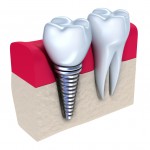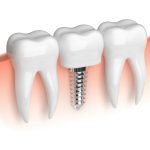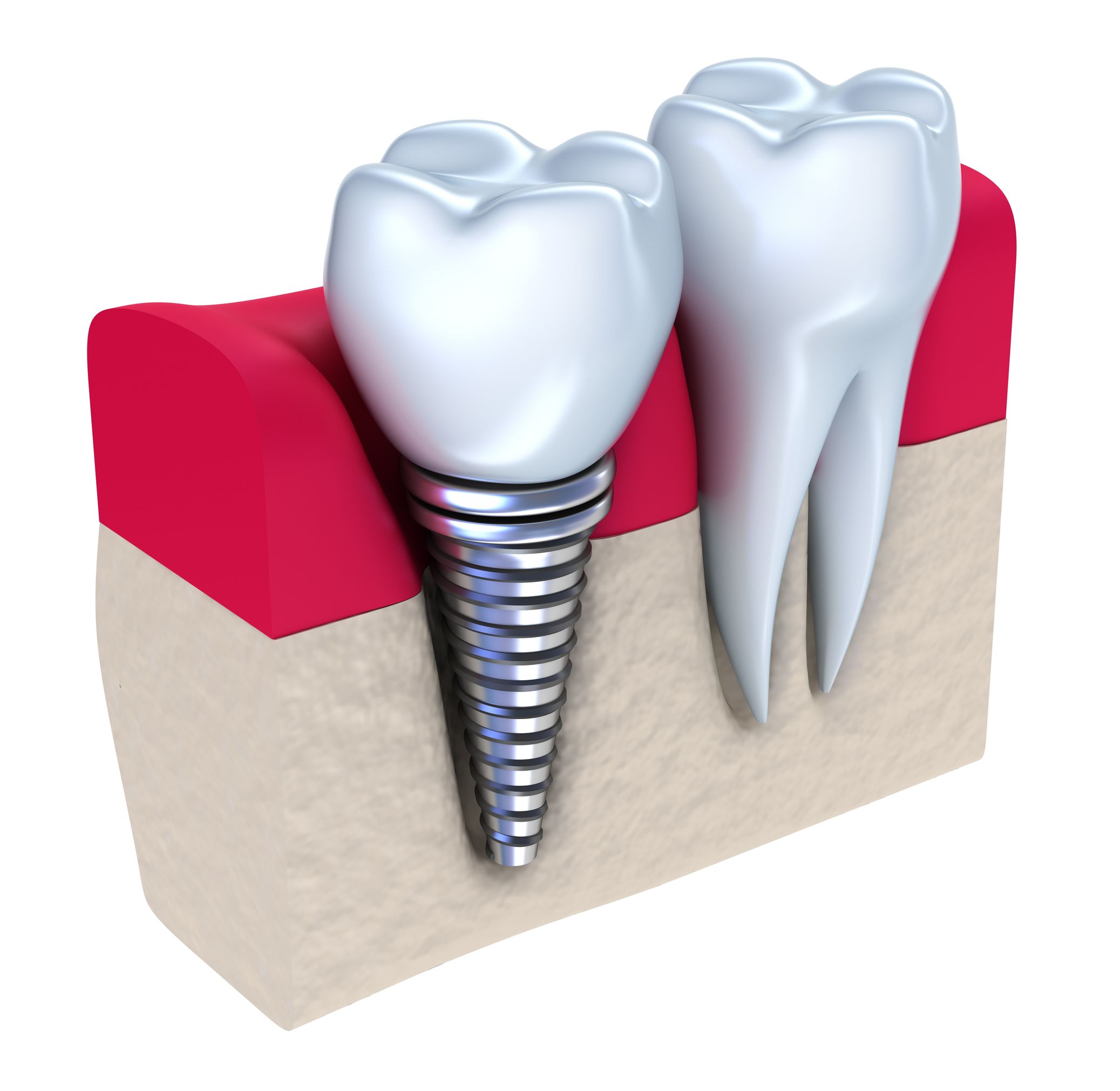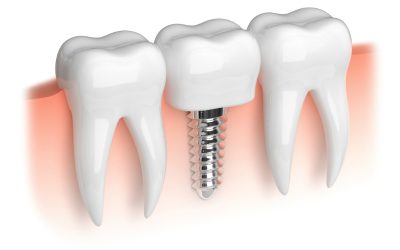Seeing a Dentist in Everett involves receiving oral care treatments to promote dental health and to improve the look of a person’s smile. When an individual sees a dentist for the first time, he will have an examination performed by the dentist. This inspection of the mouth is to check for tooth decay and tooth diseases. Also, it’s to look for the presence of any diseases of the gums and mouth. A Dentist in Everett may order x-rays to get a better view of the internal parts of a patient’s teeth. These dental radiographs are useful diagnostic tools that enable a dentist to formulate a plan to help a patient achieve better dental health.
A Dentist at Dental Care may order more x-rays for children than for adults. Children have teeth, gums, and jaws that are continuously developing. This makes them more prone to tooth decay. Some of the factors that determine how often x-rays will be taken include a person’s age, present dental health, signs of tooth decay, signs of dental disease, and potential for developing a dental disease. A woman who is pregnant should refrain from getting x-rays unless a special protective vest is worn.
The two types of dental x-rays are intraoral and extraoral. Intraoral x-rays are done when the x-ray film is inside the patient’s mouth. Extraoral x-rays are taken when the x-ray film is outside of a patient’s mouth. The most common type used today is intraoral x-rays. These radiograph pictures are taken when a dentist wants to see whether a person has tooth decay or to check for the presence of gum disease. Viewing an extraoral x-ray will let a dentist get a better view of the jaws and skull.
One of the main advantages of any type of x-ray is enabling a dentist to see a dental problem in its infancy. From this, he can design a treatment plan that includes removing or adding dental materials and prescribing medications such as antibiotics. A dental group to look into for this is Dental Care. The oral care specialists at this practice can handle cavities, misalignment, and other dental abnormalities.








